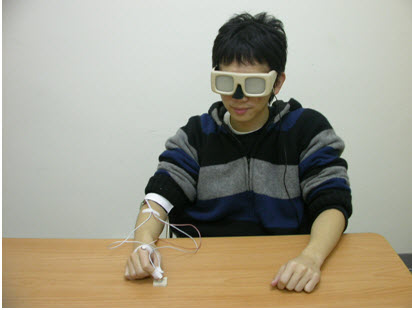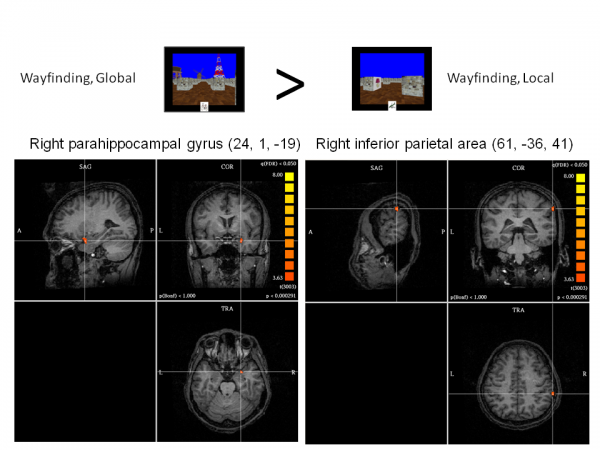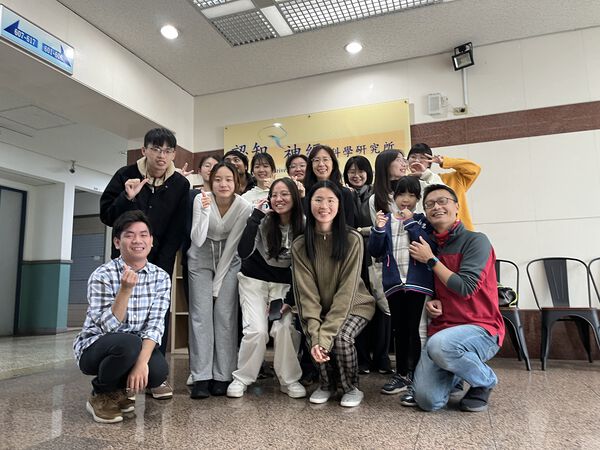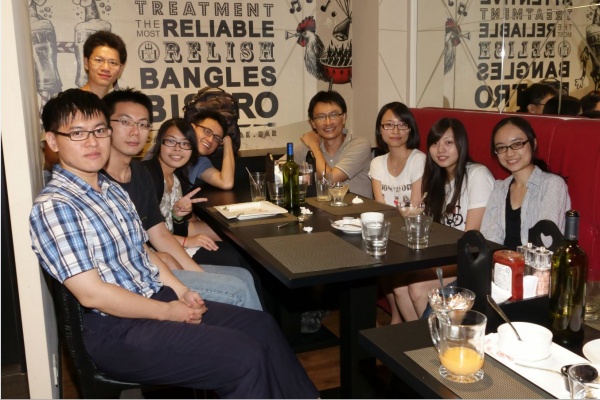| 2023-11 |
Hsin-Ping Tien received PhD studying abroad funding from the Taiwan NSTC to conduct research in the Berlin Mobile Brain/Body Imaging Lab, Technische Universität Berlin, for a year. Congratulations!! (partial awardee List)
|
| 2023-07 |
Hsin-Ping Tien won the 2023 Psychonomic Society J. Frank Yates Student Conference Award . Congratulations!!
|
| 2023-03 |
Bing-Shan Wu wins Graduate Student Award of the 2023 CNS Annual Meeting. Congratuations!
|
| 2023-01 |
Congratulations to Bing-Shan Wu for successfully defending her master's thesis!
|
| 2022-06 |
Postdoctoral fellow position @ACL open for applications (details).
|
| 2021-05 |
Hsin-Ping defended his master thesis successfully!! Congratulations!
|
| 2019-11 |
Maggie and Hsin-Ping (team acl.2019) together won the first place in the poster competition of NCU Institutional Research. Wonderful job!!
|
| 2019-07 |
Condrowati defended her master thesis successfully! Congratulations!
|
| 2019-06 |
Prof. Chang got awarded a 4-year MOST grant to study the MEG brain dynamics of sequential motor learning.
|
| 2019-02 |
Nicki Lee defended her master thesis successfully! Congratulations!
|
| 2017-01
|
Prof. Chang got awarded a 3-year MOST grant to study impacts of daily stress level on implicit and explicit motor learning.
|
| 2017-01 |
Maggie defended her master thesis successfully! Congratulations!
|
| 2016-10 |
Zai-Fu Yao got awarded the 2016 Professor Su Hsiang-Yu Psychological Thesis Award (Master Category A) by the Taiwanese Psychological Association. Congratulations!!
|
| 2016-08 |
Prof. Chang got awarded a 3-year MOST grant to study cognitive ageing and inhibitory mechanisms.
|
| 2016-06 |
Hsiang-Yu received the Government Scholarship to Study Abroad from Ministry of Education.
|
| 2016-06 |
Maggie received the award to attend international conference (OHBM) from the Ministry of Education.
|
| 2016-05 |
Zai-Fu defended his master thesis successfully! Congratulations!
|



